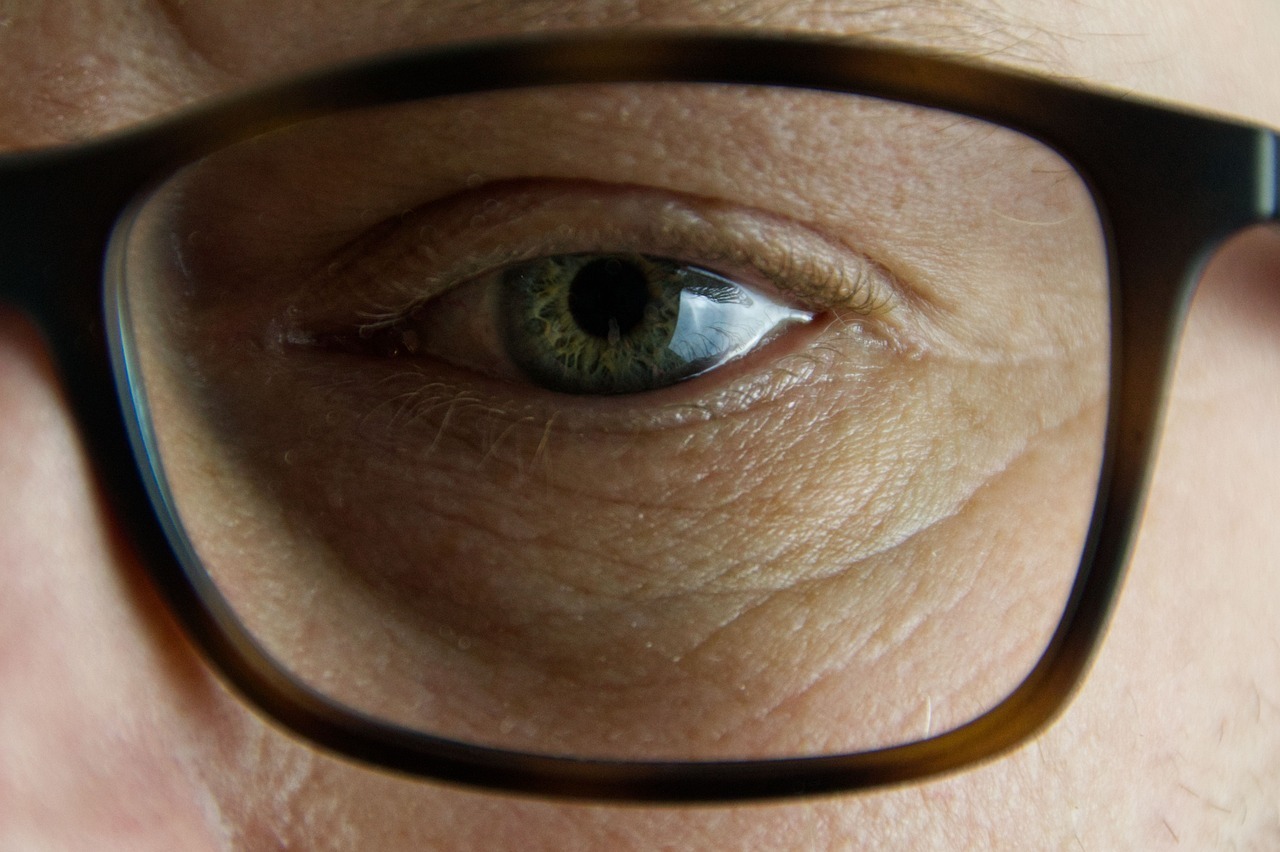Jeremiah 31: 7-9; Psalm 126; Hebrews 5: 1-6 (RM) or 7: 23-28 (RCL); Mark 10: 46-52.
ELCA/ELCIC if celebrating Reformation Sunday: Jeremiah 31: 31-34; Psalm 46; Romans 3: 19-28; John 8: 31-36
Many of the readers of this Reflection, I daresay, are coping with a common, often troublesome and progressive form of visual impairment – cataracts. Cataracts affect a surprisingly high proportion of persons of a certain age. Images normally in sharp focus can soften and blur, colours become duller and less distinct, and reading plods along with difficulty. Driving at night can be positively disturbing, even dangerous, as oncoming lights grow larger and fuzzier, and the roadway outlines less discernible, especially on shiny, slick roadways. Cataracts don’t heal themselves, and left long enough, can result in seriously reduced vision.
Honestly, sometimes I wish mine would hurry up and worsen. This past week at my annual appointment the eye doctor told me, as he does every year,
“Your cataracts are still moderate and it’s not necessary to operate yet.”
My mother, a skilled and prolific artist, believed toward the end of her life that the sight in one eye had been damaged because she waited too long to have that second cataract removed. I’d like to get this over with.
We should probably remind ourselves at this point that cataract removal is a privilege of those who are fortunate enough to enjoy ready access to efficient and affordable health care. For countless others around the world, this is not the case. Even so, for many forms of reduced vision no simple operation is possible. Blindness can have many causes, levels of severity and degrees of permanence.
There’s only a very thin thread that connects our first reading from Jeremiah with the Gospel, and that is a passing reference to “the blind and the lame” among the whole of the Hebrew people whom God promises to bring home from their exile.
In this passage it’s an image of full inclusion – all the people, even those normally unable to travel, will return with joy to their homeland.
Much more than simply a miraculous cure is at the core of Mark’s story of Jesus’ healing of Bartimaeus. The timing is significant – at this point in Mark’s account Jesus and his entourage are “going up to Jerusalem,” not merely a destination but a fate: it is here that Jesus will be arrested and crucified. Bartimaeus was not only differently-abled, but a professional beggar who knew where to station himself next to the main highway for maximum benefits. He doesn’t hesitate to shout louder when bystanders try to shush him. And in spite of his lack of eyesight he knows exactly who this is. He names Jesus of Nazareth with the key Messianic title “Son of David,” and persists in doing so even when pressured to keep still. When Jesus calls to him and the bystanders encourage him to respond, he throws aside the cloak on which he collects money donations, and manages to approach Jesus directly.
Here the story wraps up quickly as Jesus poses the same question he asked of James and John. He hears Bartimaeus’ request, grants him healing, and they continue on their way, Bartimaeus trailing them. But of course there are deeper levels implied here. Jesus’ disciples and patrons are physically travelling with him in the direction of Jerusalem, but they really, really don’t know where they are going. Mark sets up this contrast to show their ignorance at worst, perhaps naïveté at best, about the inevitable climax of this fine teaching and healing ministry of his.
Usually when someone says, “You’re just seeing what you want to see,” it’s an accusation, a pointed put-down. As with most bullying, there’s no perfect retort. And it never tells the whole story. Often we simply cannot see the whole picture. Sometimes we interpret what we see through a filter formed from previous experience, or from matured wisdom, or from pain or fear. Sometimes, what we see is all we can see at a certain time, or in certain circumstances.
Understandably, persons whose sight is impaired will resent the negative overtones attached to blindness as such. In the Gospel reading the concept of “blindness” is used to precede understanding. Interestingly, this blind character Bartimaeus not only displays but brazenly insists on a level of understanding that Jesus’ own best friends have not yet attained. Maybe they’re just not ready. Maybe sometimes we’re just not ready. Maybe this is a reminder to be gentle with others, and gentle with ourselves, and let insight and understanding unfold itself on its own timeline, when the time is ripe, when it is ready. When the people in our lives and our larger communities, our larger world, are ready. When we are ready.
© Susan K. Roll
Susan Roll retired from the Faculty of Theology at Saint Paul University, Ottawa, in 2018, where she served as Director of the Sophia Research Centre. Her research and publications are centred in the fields of liturgy, sacraments, and feminist theology. She holds a Ph.D. from the Catholic University of Leuven (Louvain), Belgium, and has been involved with international academic societies in liturgy and theology, as well as university chaplaincy, Indigenous ministry and church reform projects.




